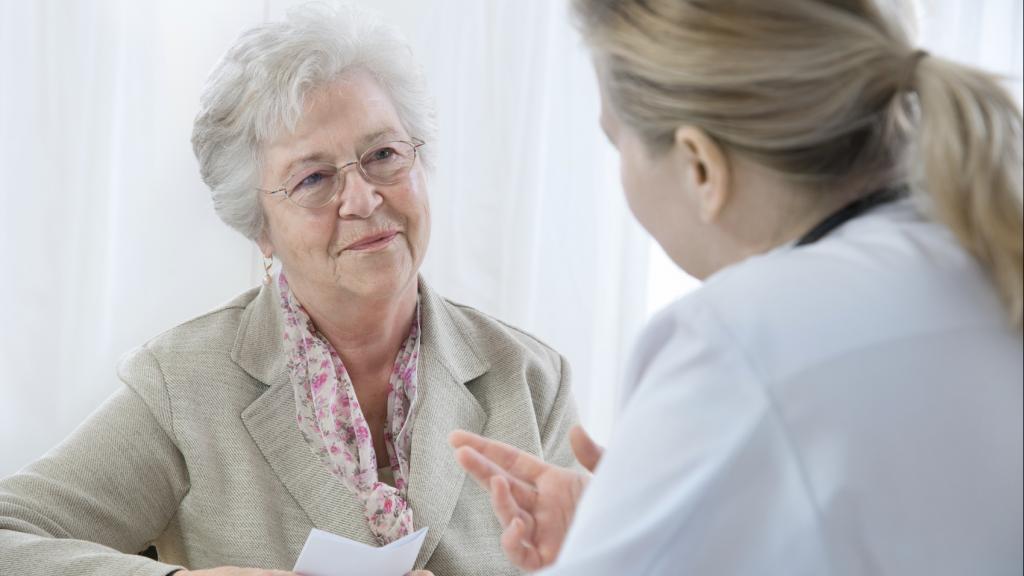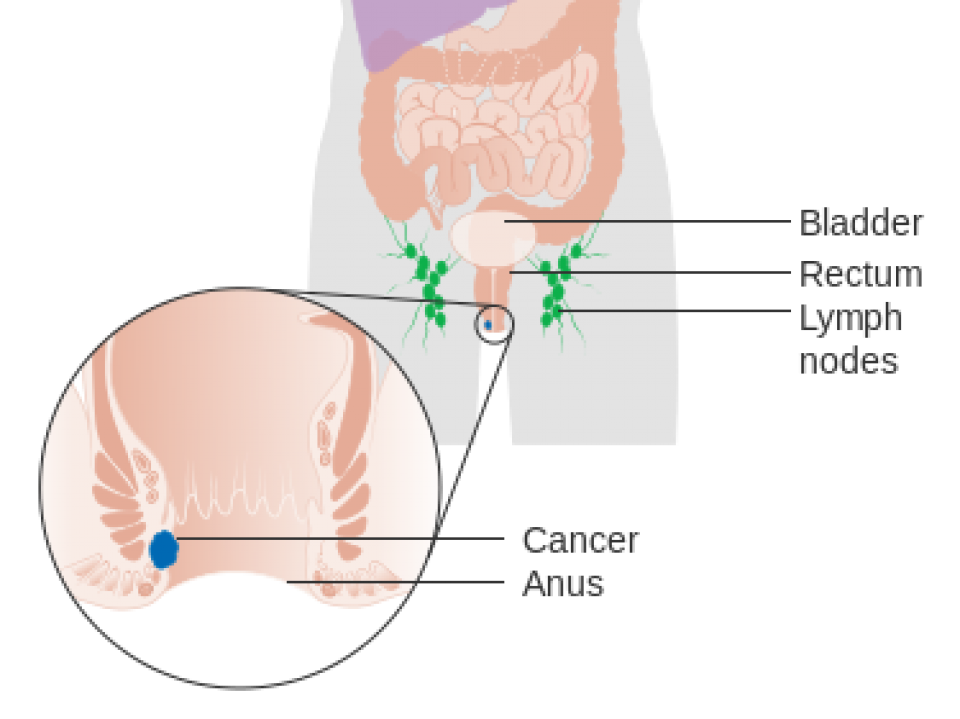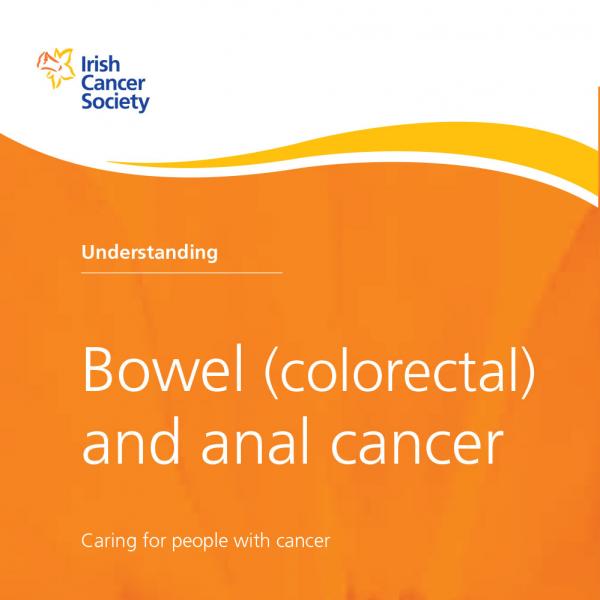
Anal cancer
Anal cancer affects about 80 people in Ireland each year.
Anal cancer can be treated with chemoradiation, chemotherapy, radiotherapy or surgery.
On this page:
What is anal cancer?
Anal cancer is a change in the cells in the anal canal. As the cancer grows it forms a collection of cells (tumour). This tumour can cause a blockage and cause symptoms. It is a rare cancer: about 80 people are diagnosed with anal cancer in Ireland every year.*
Anal cancer is different from bowel cancer (also known as colon or rectal cancer). If you're not sure what the difference is or how it affects you, you can call our Support Line on Freephone 1800 200 700.

What is the anus and what does it do?
Your anus or anal canal is found at the end of your large bowel, which opens to the outside of your body. When you pass a bowel motion (poo), it passes through your anus.
Your anus is controlled by a ring of muscle called the sphincter. This opens and closes to allow poo to pass from your body.
(Image courtesy of CRUK / Wikimedia commons)
More information about anal cancer
More information about an anal cancer diagnosis
More information about anal cancer treatment
Treatment for anal cancer includes chemoradiation and surgery. For more information, visit our anal cancer treatment page.
Coping with anal cancer treatment and side-effects
Looking for support?
Our cancer support section contains information and advice on coping with cancer for diagnosed patients and their loved ones.

Medical content updated from our 'Understanding bowel (colorectal) and anal cancer' booklet (2022), reviewed by Mr Saqib Zeeshan, Consultant General & Colorectal Surgeon and Mary Sweeney, Colorectal Nurse Specialist.
*The Irish Cancer Society uses the most up-to-date cancer statistics from the National Cancer Registry Ireland, available on www.ncri.ie
For more information
Phone
1800 200 700







